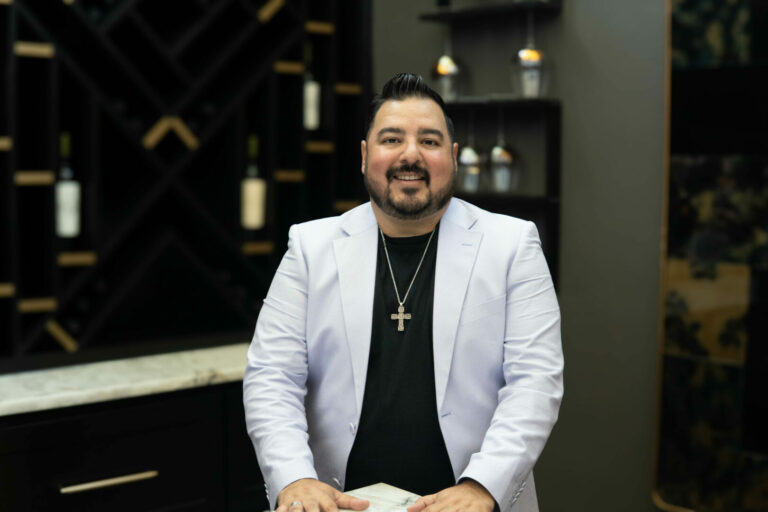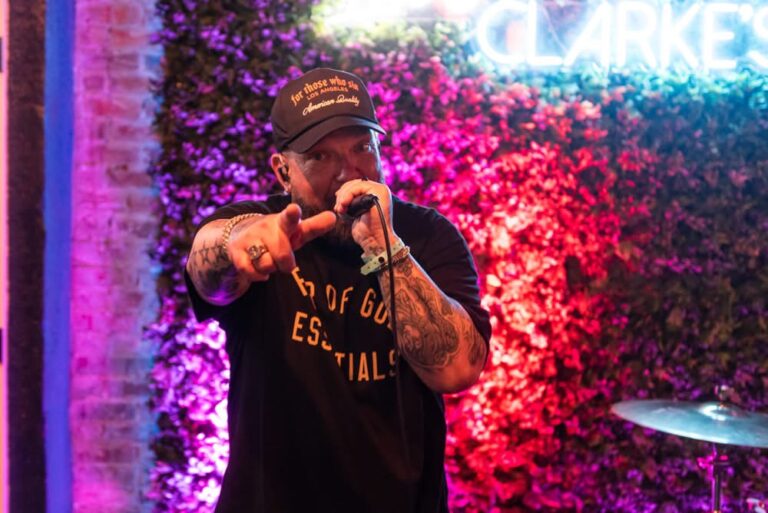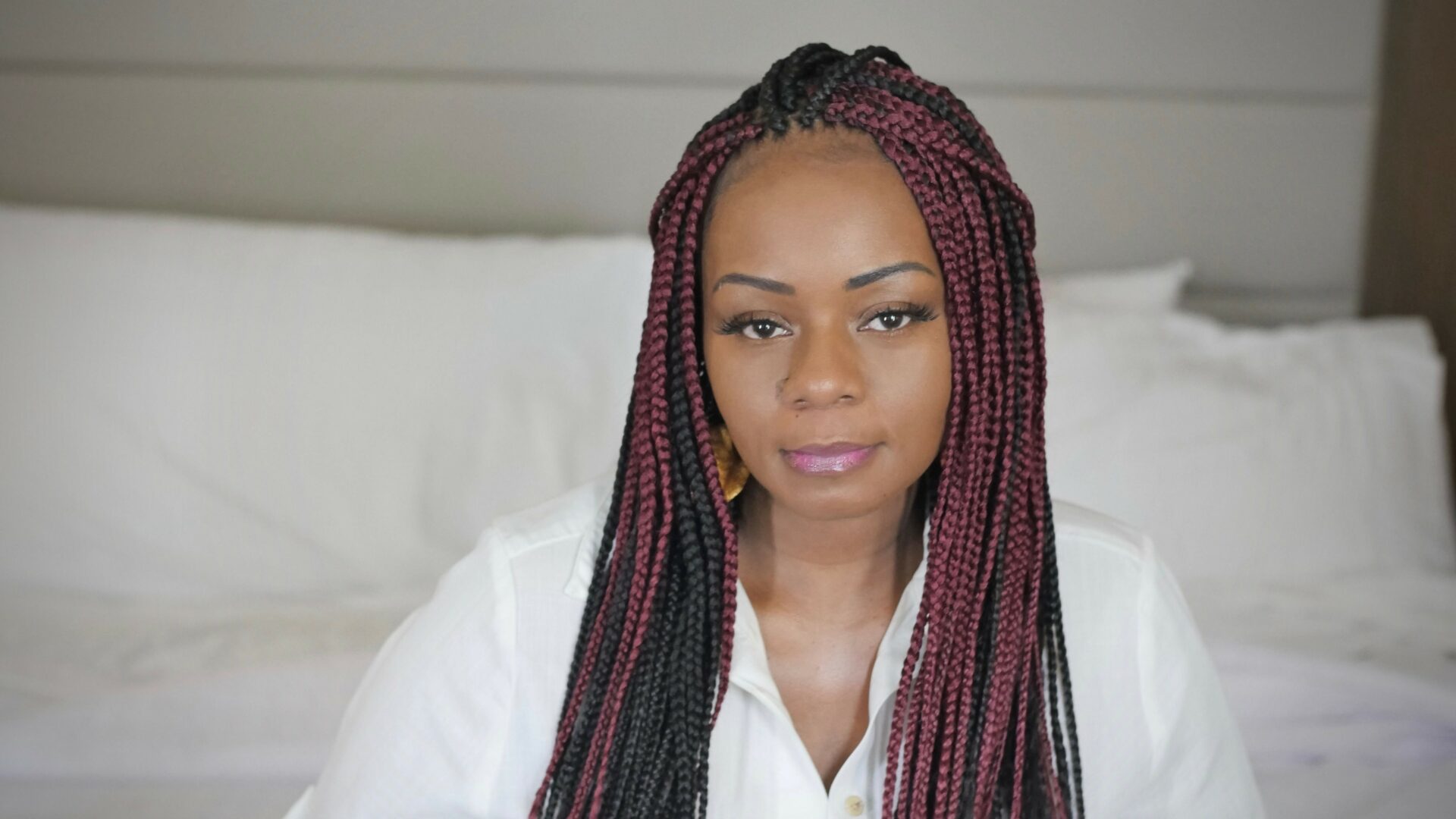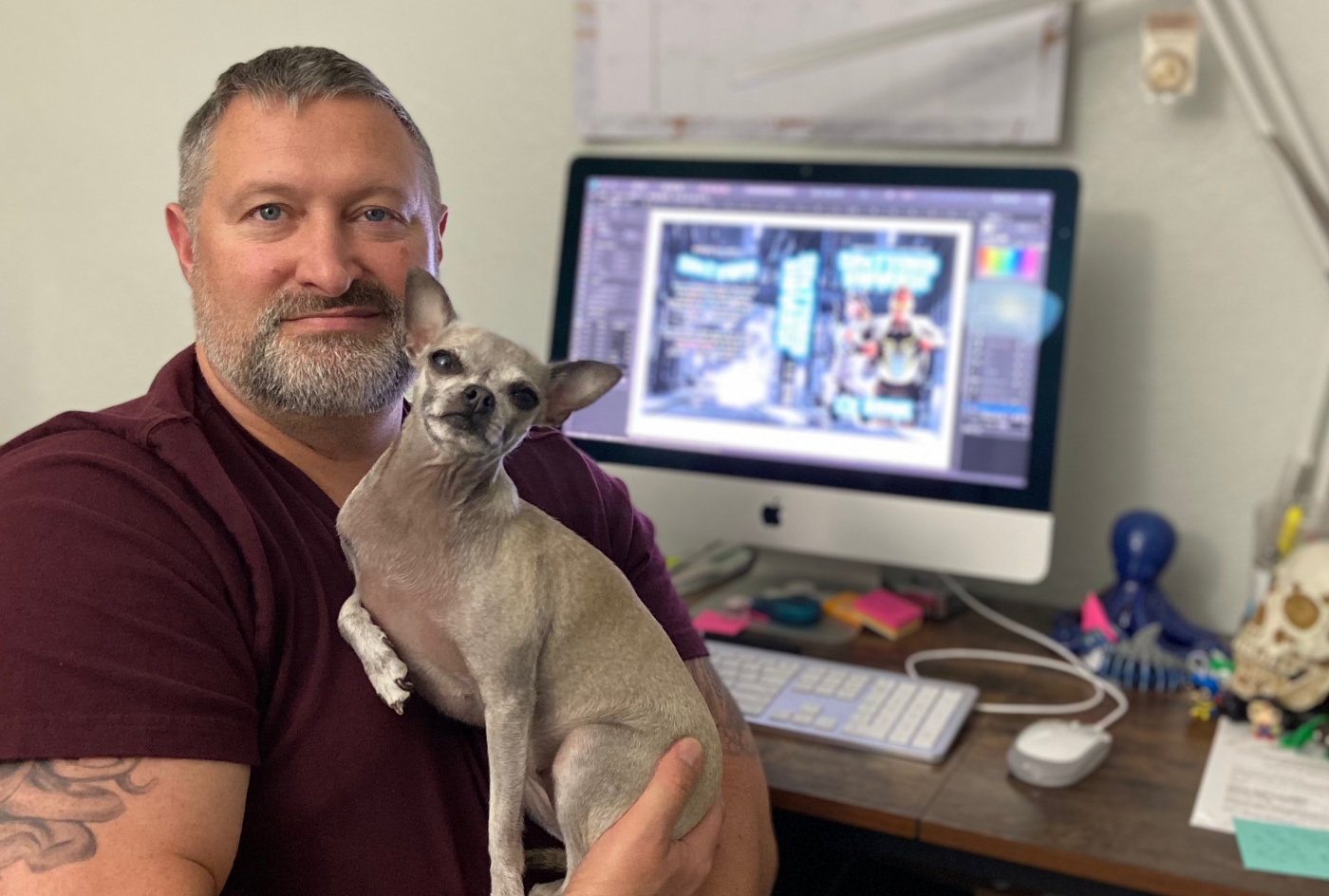“Empathy is the starting point for creating a community and taking action. It’s the impetus for creating change.” – Max Carver
We think Max Carver got it right and that if we truly care about community building and making positive changes in the world, we have to invest in learning about how to become even more empathic as empathy is at the heart of true understanding. We asked some deeply empathic leaders to share their perspectives below.
Ges Briggs

Deep, deep pain. Growing up I was raised in the Mormon Church in Utah. From a young age guilt and shame were spread thick. At church I was told in various subtle ways that I wasn’t good enough as I was, males are superior because they can possess certain powers that women cannot, and as a female, my value was in my ability to make babies and a home. I also had an extremely toxic and acidic relationship with my mom (which has thankfully since changed). Read More>>
Heather Spitzer

The ability to hold empathy, to understand and know what another is emotionally experiencing, comes from first gaining wisdom and understanding within ourselves and our own emotional landscape – without judgement.
In my life, I have a long laundry list of hard knocks – of trauma, of tragedy, and of deep losses. These experiences, along with my old beliefs and mindsets (super judgy ones!), created a cage in which I lived in for decades, believing that no one could ever understand the pain I knew so well. This cage had me living in severe depression, in addiction, in suicidal ideation, and kept me separated from true connection with others and with a struggling sense of empathy. Read More>>
Jayden Bailey

Growing up in Baltimore, the realities of life hit early. My mom raised me as a single parent, doing everything she could to provide for me. Despite the challenges, I was incredibly fortunate to be surrounded by supportive family members and mentors who stepped in, offered guidance, and helped shape the person I am today. A lot of my early years were spent learning how to navigate the world on my own. There were always challenges, but even then, I held onto the belief that I could build something more for myself. Read More>>
Tong Chen

I think empathy for me has been shaped by both life experience and musical collaboration. Growing up in China and then moving to the U.S. at 18, I experienced a lot of culture shock in the beginning. It took me quite some time to adjust—not just to the language or daily life, but to the way people here communicate, think, and interact. That process of learning and adapting really pushed me to observe more carefully, listen more deeply, and understand perspectives different from my own. It taught me how to meet people where they are, which is at the heart of empathy. Read More>>
Jatoria Sanders

I answered 3 questions in one. Please forgive me in advance .
Being the Only One in the Room:
As someone who has navigated various spaces where I was often the youngest or one of the few people who looked like me, I’ve learned to succeed not by seeking validation but by holding firm to my purpose. Early in my teaching career, I was the youngest teacher in my school, and there were many moments where my ideas and presence were dismissed or undervalued; however, I knew what I had to offer was exactly what was needed— Read More>>










